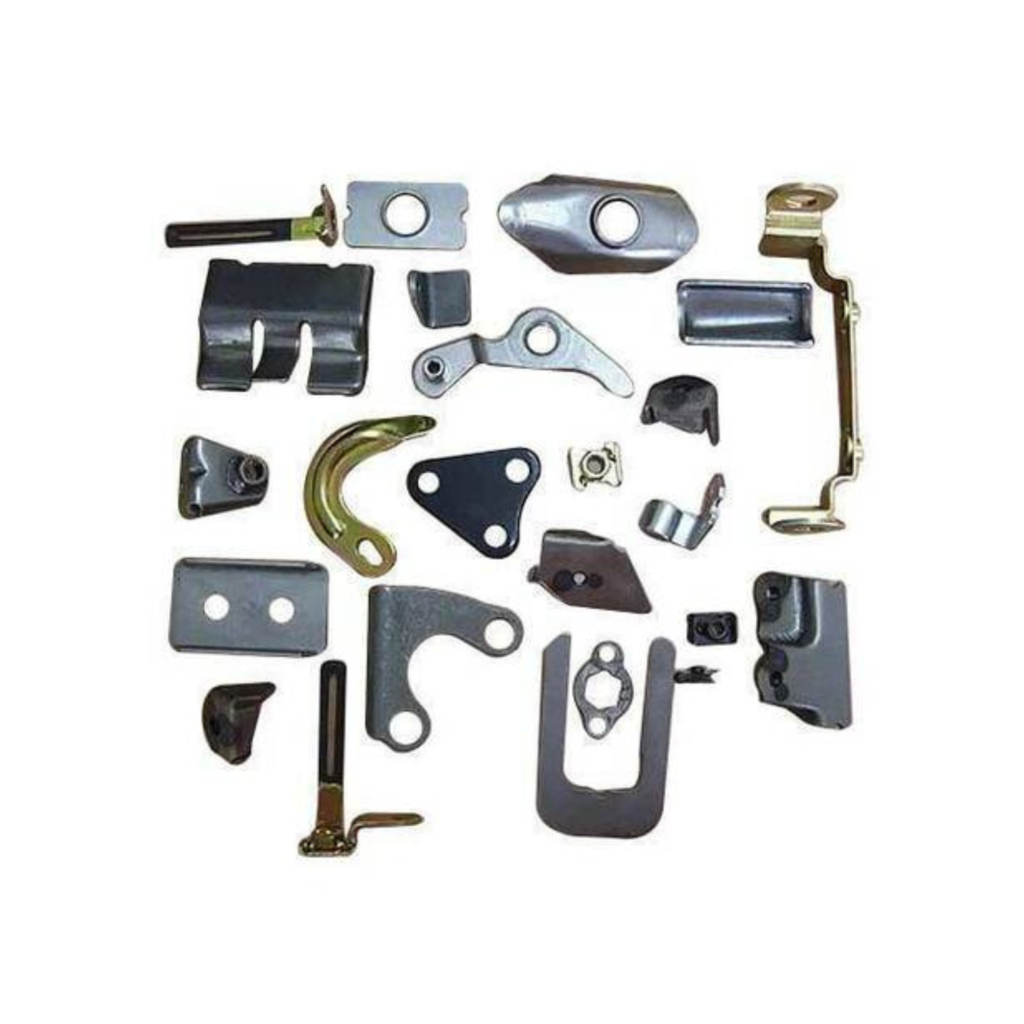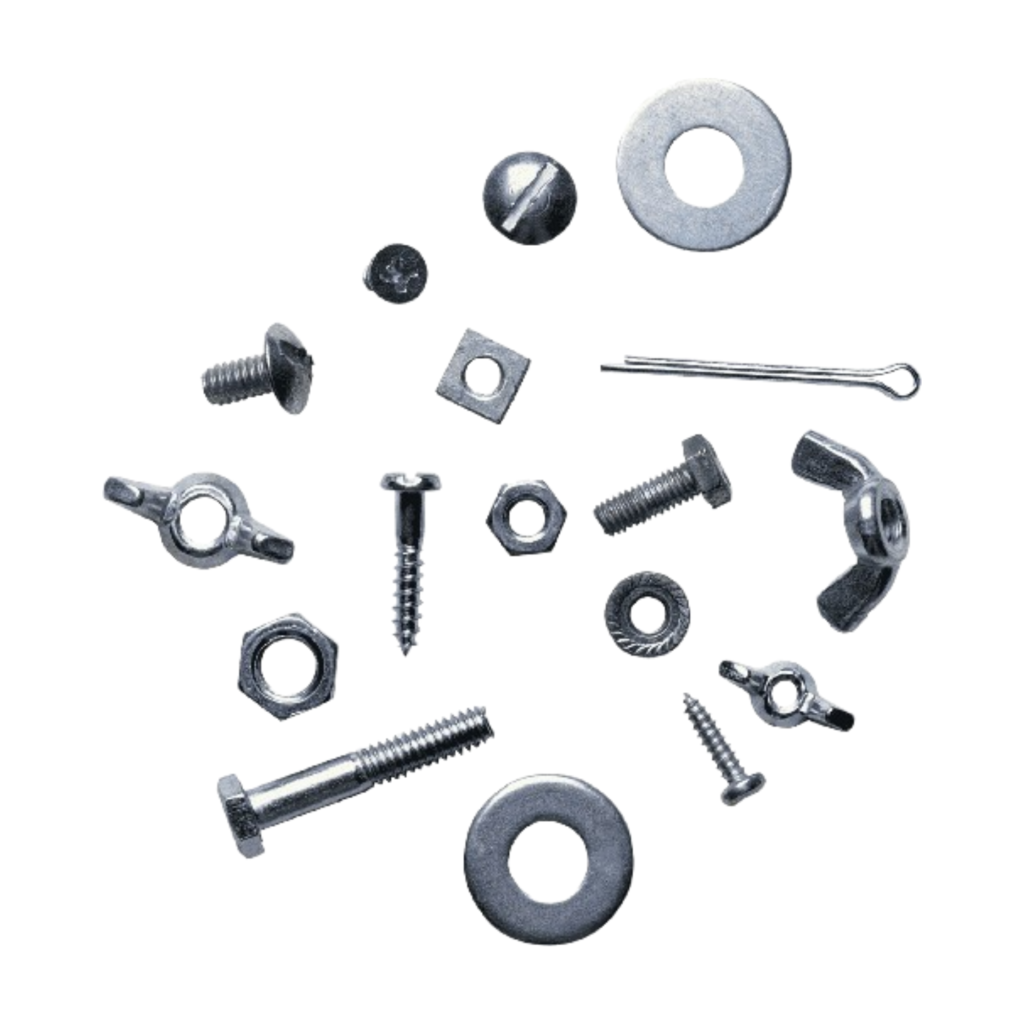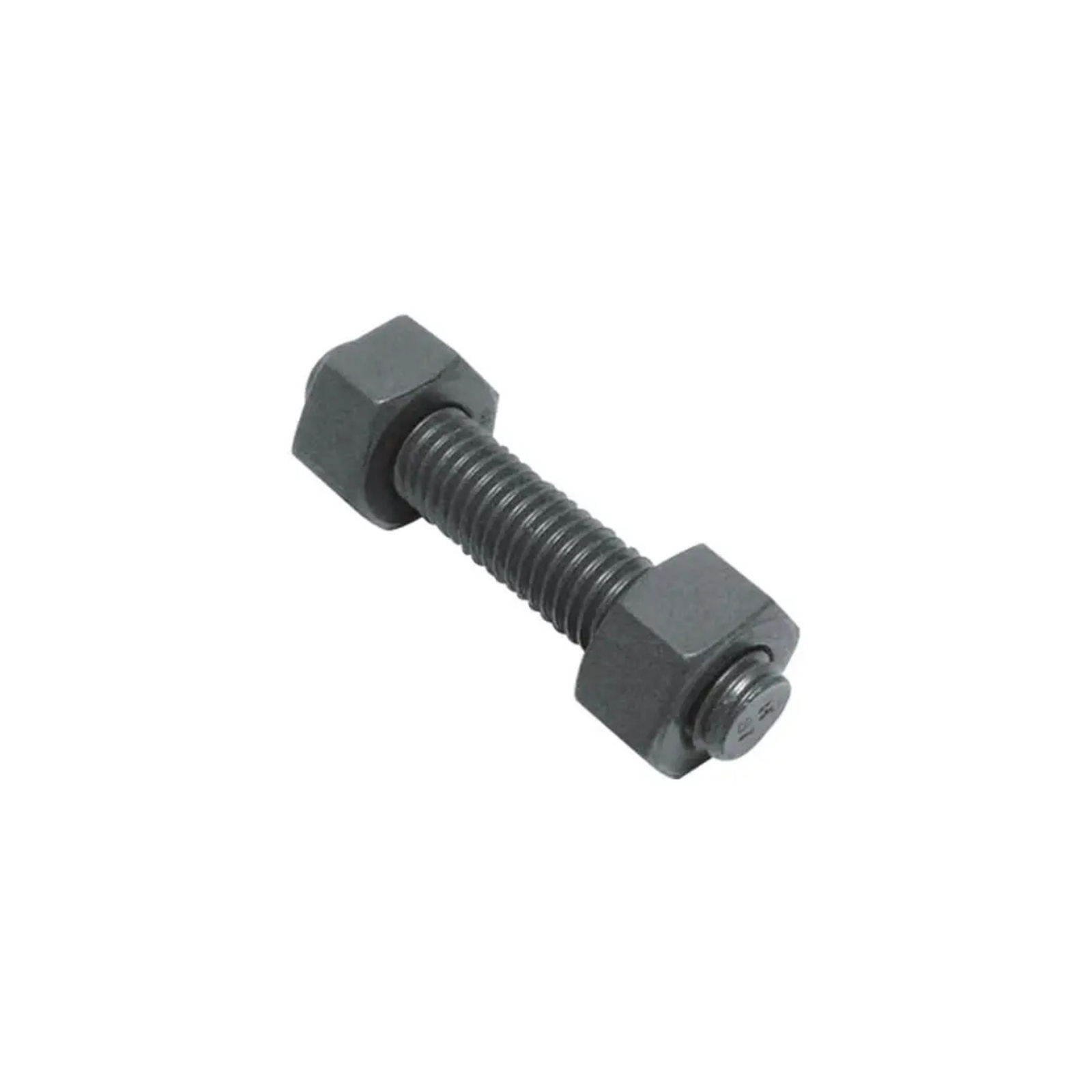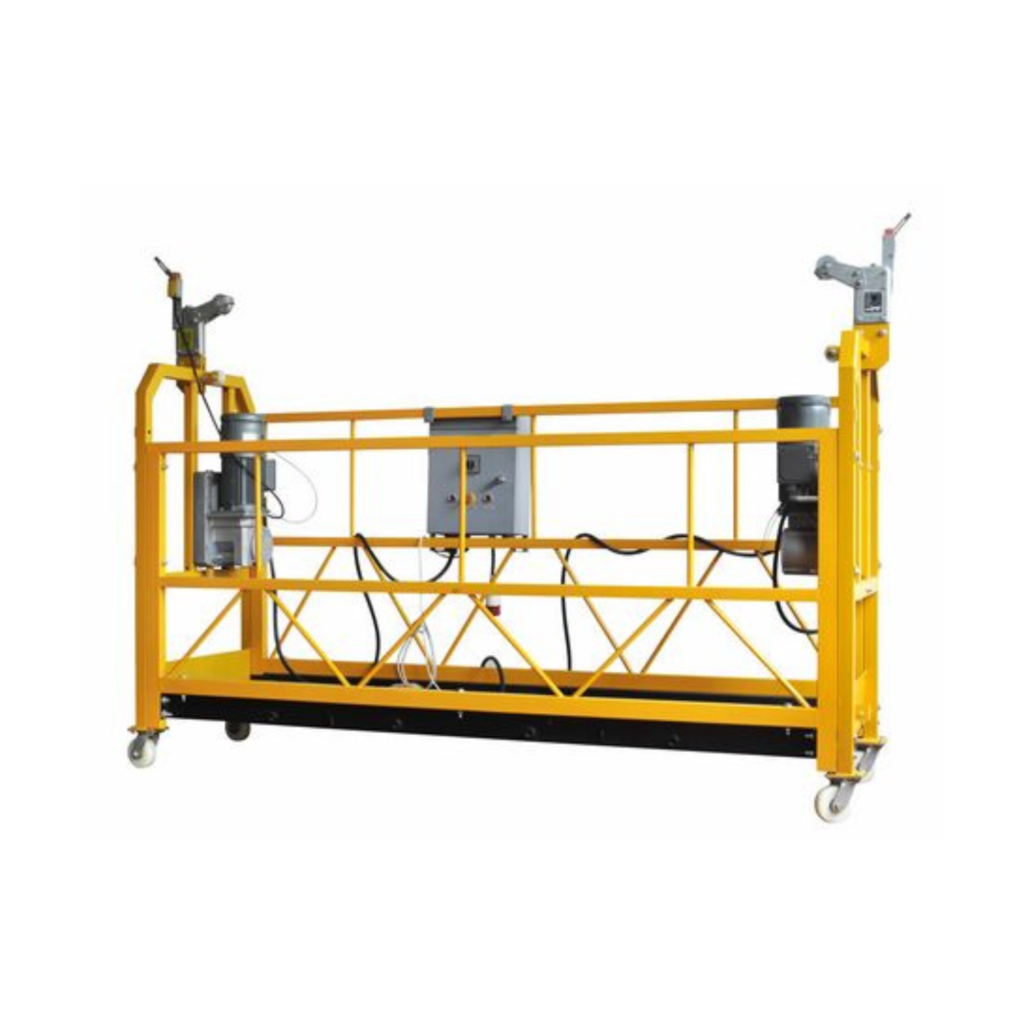Discover how earth compactors enhance foundation stability, improve soil density, reduce settlement risks, and ensure long-lasting structural integrity for construction projects. Learn their benefits, applications, and working principles. Keywords: earth compactors, foundation stability, soil compaction, construction equipment, foundation integrity, soil density, construction tools, structural stability, settlement reduction, soil improvement,

Foundation stability is the backbone of any successful construction project. Without a solid foundation, buildings can experience uneven settling, cracks, and even catastrophic failures. Ensuring a stable foundation requires the right tools and techniques, and earth compactors are among the most effective solutions available. These machines are engineered to compact soil, increase density, and create a reliable base for any structure.
This article will explore the importance of earth compactors in construction, their working mechanisms, types, and advantages. We’ll also discuss how these machines contribute to the longevity and safety of structures while providing tips for optimal usage.
What Are Earth Compactors?
Earth compactors are heavy-duty construction machines designed to compress soil and reduce air pockets within it. By doing so, they improve the soil’s load-bearing capacity, ensuring that it can adequately support structures built on top of it. These machines are vital for projects involving roads, foundations, embankments, and landscaping.
Key Features of Earth Compactors:
- High Compaction Efficiency: Achieves uniform soil density.
- Versatility: Works with various soil types, including granular and cohesive.
- Portability: Available in models ranging from handheld units to large, industrial machines.
Types of Earth Compactors
The type of compactor you choose depends on the project requirements and soil conditions.
1. Plate Compactors
- Description: Compact and portable, these are perfect for small areas and granular soils.
- Use Cases: Landscaping, driveway preparation, and minor foundation work.
2. Rammers
- Description: Delivers high-impact compaction for cohesive soils.
- Use Cases: Trench work, backfilling, and areas with high clay content.
3. Vibratory Rollers
- Description: Heavy-duty rollers with vibrating mechanisms for large-scale projects.
- Use Cases: Road construction, airport runways, and large foundation bases.
4. Tamping Compactors
- Description: Features tampering plates that work well with mixed soil types.
- Use Cases: Large embankments and dams.
How Earth Compactors Improve Foundation Stability
Foundation stability is crucial to preventing structural issues like cracks and uneven settling. Here’s how earth compactors contribute to stable foundations:
1. Enhancing Soil Density
By compacting the soil, earth compactors eliminate voids, resulting in a denser base that can support heavier loads without shifting.
2. Reducing Settlement Risks
Compacted soil minimizes the risk of uneven settling, which can otherwise lead to structural instability.
3. Preventing Water Infiltration
Proper compaction ensures better drainage, reducing the chances of soil erosion and foundation weakening.
4. Uniform Soil Compaction
Uniformity across the site reduces differential settlement, providing a stable base for even the heaviest structures.
Applications of Earth Compactors
Earth compactors are indispensable in various construction scenarios, including:
1. Building Foundations
Used to prepare soil for footings, slabs, and basements, ensuring a stable base for buildings.
2. Road Construction
Essential for creating a stable sub-base and base layer for asphalt or concrete roads.
3. Trench Backfilling
Ensures soil over pipelines and utility cables is compacted to prevent future settlement.
4. Embankment Projects
Used in constructing embankments for railways, highways, and dams.
5. Landscaping and Pathways
Provides a firm base for pathways, driveways, and garden features.
Benefits of Using Earth Compactors
Investing in an earth compactor brings numerous advantages:
1. Improved Efficiency
Reduces manual labor and speeds up project timelines.
2. Enhanced Structural Integrity
Ensures a solid base for long-lasting and safe structures.
3. Cost Savings
Prevents costly repairs caused by foundation instability.
4. Versatile Applications
Suitable for various soil types and construction tasks.
5. Environmental Protection
Minimizes soil erosion and enhances sustainable construction practices.
Factors to Consider When Choosing an Earth Compactor
To maximize the benefits of using an earth compactor, keep these factors in mind:
- Soil Type: Choose a machine compatible with the type of soil at the site.
- Project Scale: Match the machine size and power to the scale of your project.
- Moisture Levels: Ensure soil moisture is optimal for compaction.
- Frequency of Use: Consider the machine’s durability and maintenance needs.
Future Trends in Earth Compaction Technology
The construction industry is constantly evolving, and earth compactors are no exception:
1. Smart Technology Integration
Compactors with GPS and AI-enabled sensors provide real-time feedback on compaction quality.
2. Eco-Friendly Machines
Electric and hybrid models reduce emissions and promote green construction.
3. Autonomous Compactors
Self-operating machines reduce labor costs and improve efficiency.
Conclusion
Earth compactors are essential tools for ensuring foundation stability in construction. They enhance soil density, reduce settlement risks, and improve overall structural integrity. With various types available, these machines cater to a wide range of construction needs, from small-scale landscaping to large infrastructure projects. By choosing the right compactor and using it effectively, construction professionals can achieve safer, more durable foundations.















